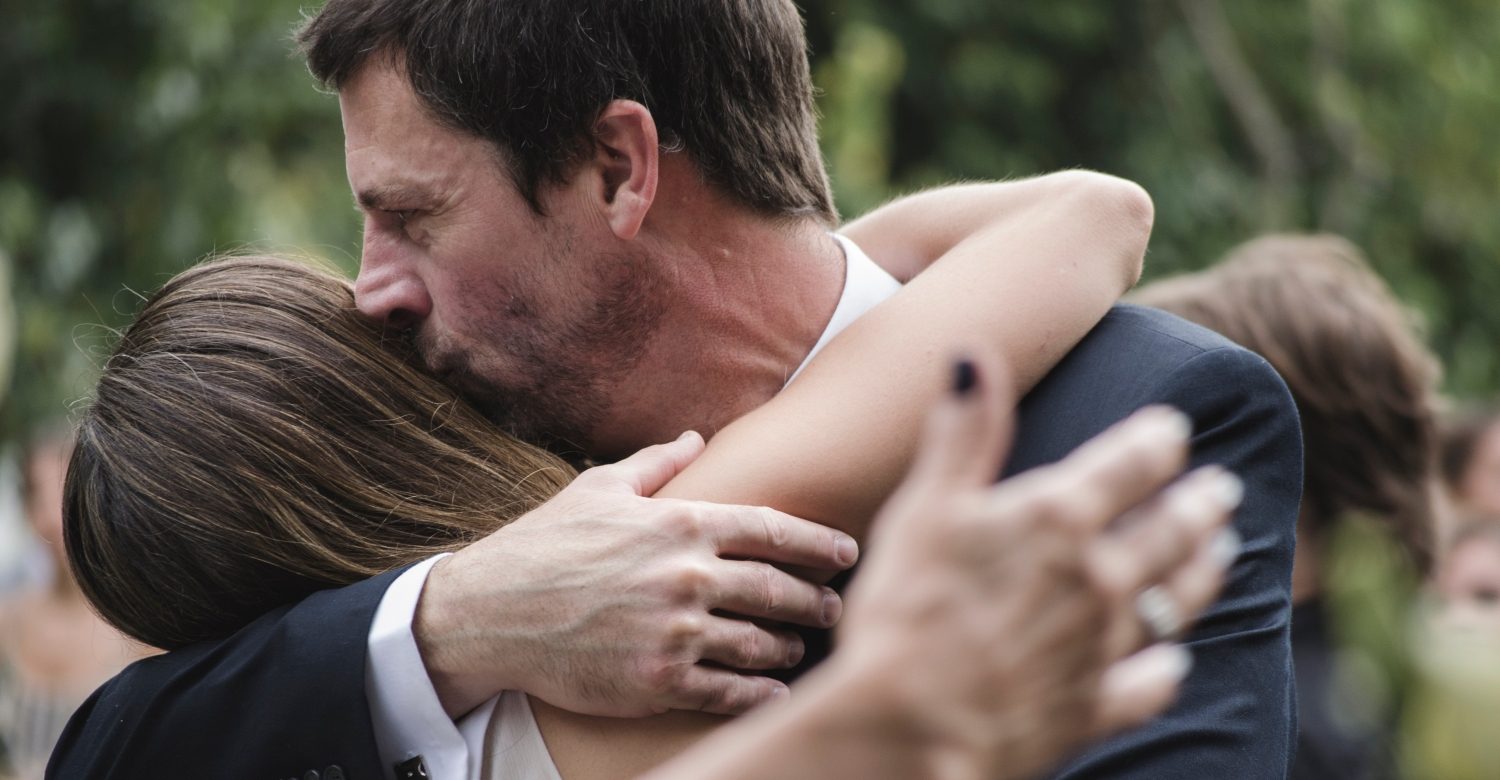

A number of years ago I read a very good book titled Culture Shift by David Henderson. In the book he asks some very penetrating questions:
“Have you ever noticed there is a pattern when we buy something new? It can be a new television, a pair of hiking boots, a new car (anything) – it doesn’t matter. It always happens. When we first get whatever it is, there is an energy we have, an excitement. It wakes us up, makes us alive.
But then, after a while – usually a pretty short while – there is a kind of sleepy dissatisfaction that comes over us. The new thing doesn’t bring that energy anymore. It becomes familiar, normal, ordinary, and soon it blends in with everything else we own. Now we are restless for something else.
Have you ever stopped to think what is going on here? There is something in us that yearns for something outside of us that will settle our hearts, that will give us peace, satisfaction, fulfillment.”
What we all must realize is that all material objects decrease in enjoyment and satisfaction over time. What this means is that our possessions fail to give us any degree of lasting happiness. This is a part of the fabric of life, this is the way God designed it to be.
This reminds me of the words of the great French historian, Alexis de Tocqueville, who toured America back in the 1830s and wrote the well-known book Democracy in America. He noticed “a strange melancholy that haunts the inhabitants … in the midst of abundance.” He saw that Americans had come to believe that prosperity and material wealth could quench their yearning for happiness. His response to this; “the incomplete joys of this world will never satisfy the human heart.”
I think we sometimes miss a vital truth. There is only one thing in this life that can grow in love and enjoyment over time and bring genuine happiness into our lives, and that of course is our relationships. We were designed by God to be relational beings.
Aleksandr Solzhenitsyn said, “It is not the level of prosperity that makes for a high quality of life – but it is the kinship of one person’s heart to another’s heart.”
The great thing about relationships is that they are organic. They have the capacity to grow in love, intimacy, depth, and enjoyment over time. However, they have to be properly nurtured and cared for.
At this stage in my life I have concluded that our relationship with Christ and our relationships with family and friends is the essence of life. They are the foundation of happiness.
However, if this is true, we should be doing everything in our power to develop, protect and nurture all these relationships. Yet I am amazed that the priorities in the lives of so many people are not focused here, and they wonder why life is so disappointing.
Jerry Leachman tells a great story of a meeting he had with a very powerful, wealthy man in Washington D.C. A mutual friend had arranged the meeting in hopes that Jerry might help this man whose family life was in shambles. After talking for an hour or so Jerry made this observation: “From what you have told me, it does not sound to me like your family is much of a priority in your life.”
With that, the man stood up as if he wanted to fight Jerry. He said in an angry loud voice, “How dare you accuse me of not loving my family.”
Jerry responded calmly, “I did not say you didn’t love them, I said they were not a priority to you. From what you have told me, your business is your first priority.” It was like a ton of bricks had fallen on this man. It finally dawned on him what he had done to his family. The next day he decided to sell his business.
As you examine your own life, ask yourself, what is your greatest treasure and what are you doing to protect it?
Richard E Simmons III is the founder and Executive Director of The Center for Executive Leadership and a best-selling author.
Add grace and understanding to your day with words from Richard E. Simmons III in your inbox. Sign-up for weekly email with the latest blog post, podcast, and quote.

For local orders in the Birmingham, AL area, enter Promo Code LOCAL at checkout to save shipping. We will email you when your order is ready for pickup.
Bulk discounts for 25 or more books! Call 205-789-3471 for prices.